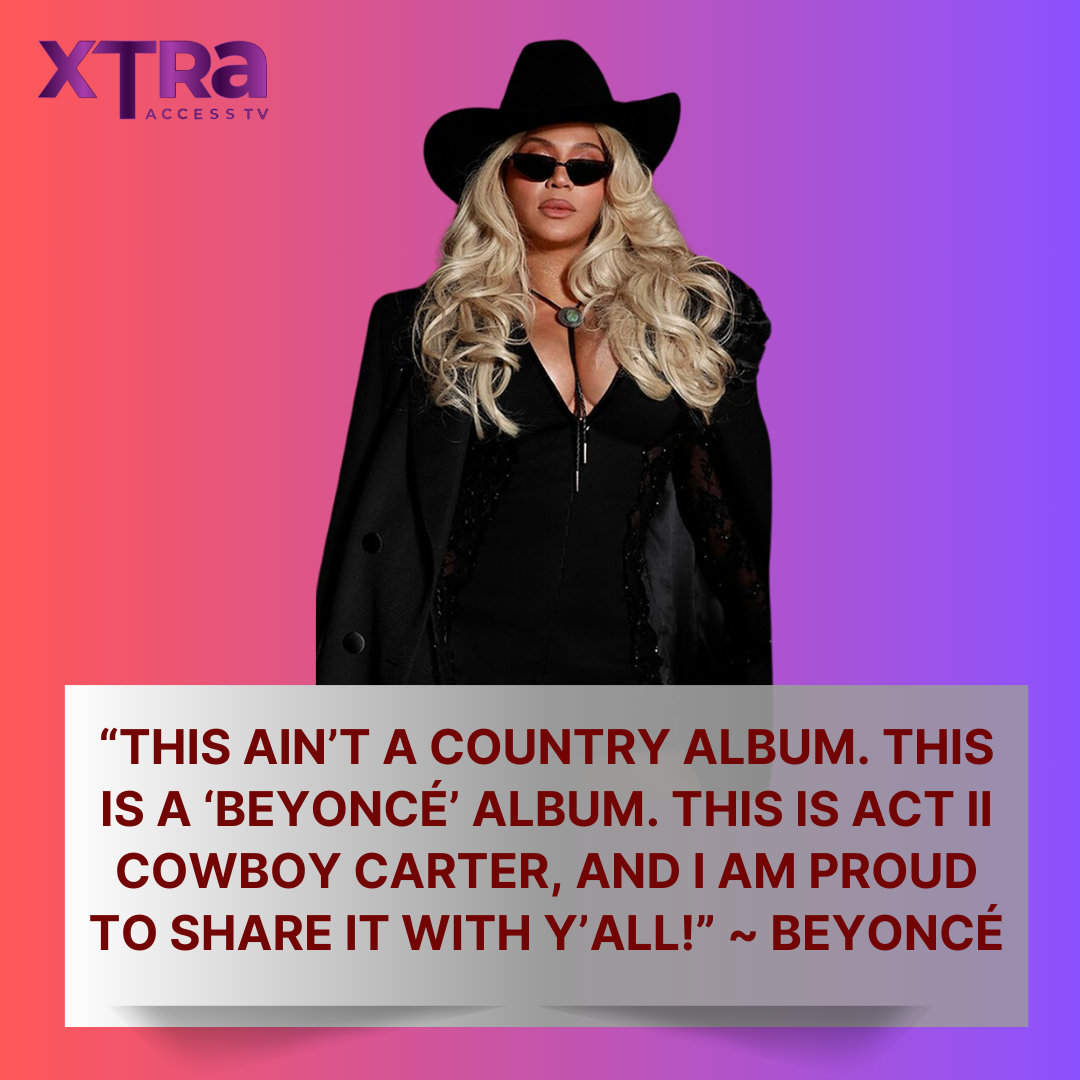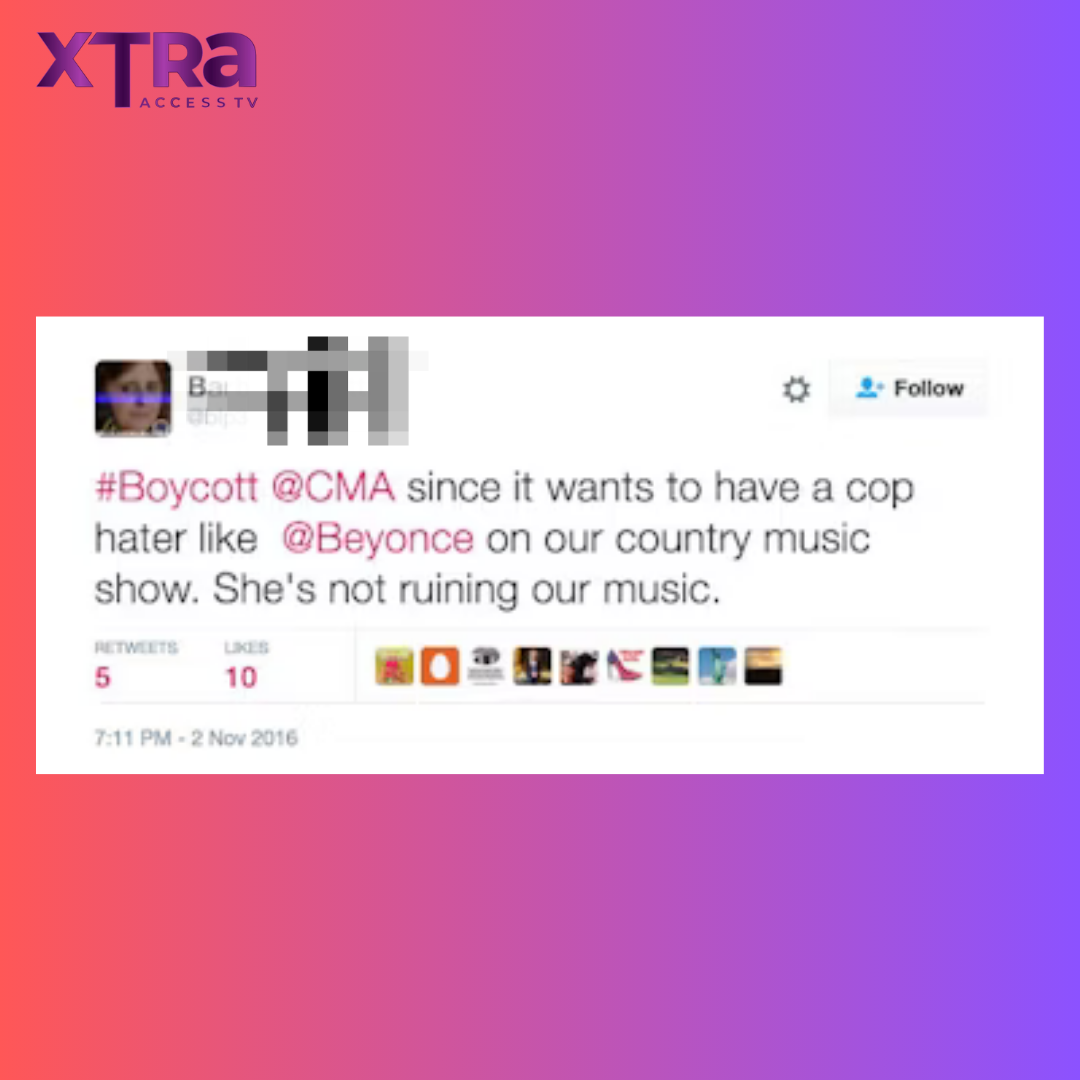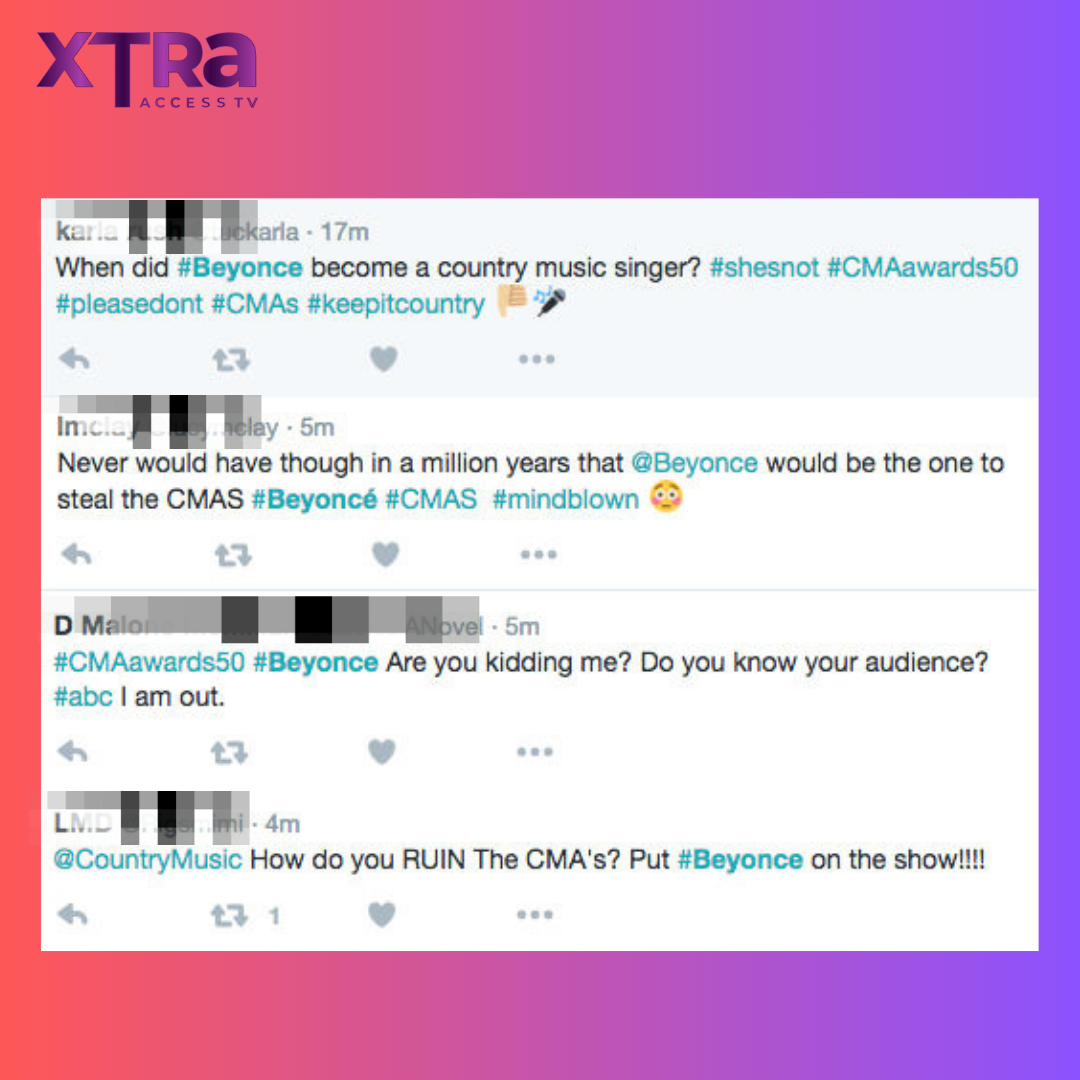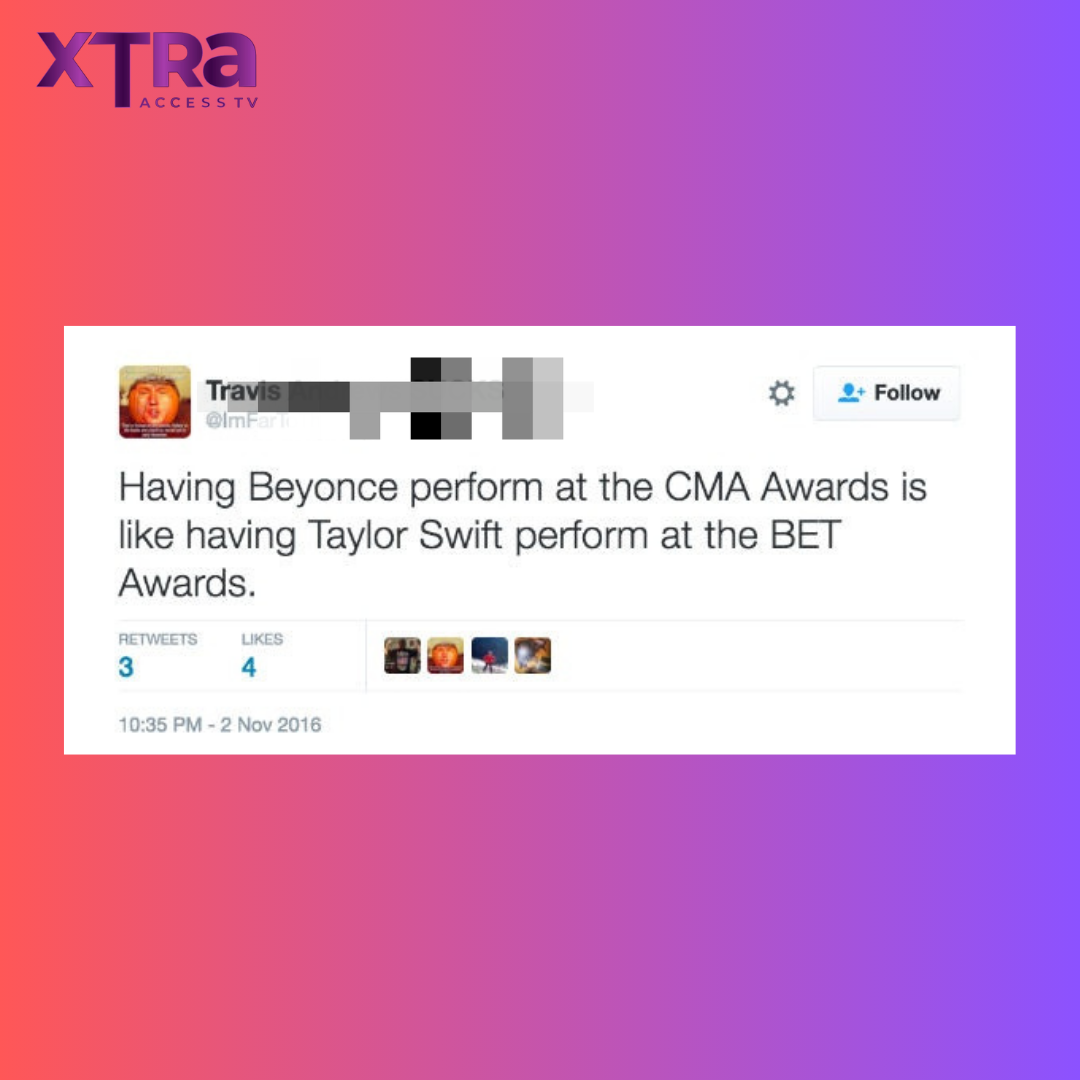





Unpacking Racism, Conservatism, and Country Music’s Evolution
In November 2016, the Country Music Association Awards (CMAs) witnessed a groundbreaking moment that sparked controversy and conversation across the music industry and beyond. Beyoncé, one of the world’s biggest pop icons, took the stage alongside the Dixie Chicks to perform her song “Daddy Lessons” from her critically acclaimed album “Lemonade.” What should have been a celebration of musical diversity turned into a storm of backlash, revealing deep-seated issues of racism, conservatism, and the evolving landscape of country music.
The performance itself was a spectacle of talent and collaboration. Beyoncé, known for her powerhouse vocals and dynamic stage presence, seamlessly blended her R&B and pop roots with the Dixie Chicks’ signature country sound. The rendition of “Daddy Lessons” was a fusion of genres, highlighting the universality of music and the bridging of cultural divides through artistic expression.
However, the reaction to this performance exposed a darker side of the music industry and fan culture. Country music, often associated with traditional values and a conservative ethos, faced a moment of reckoning as some fans lashed out against Beyoncé’s presence at the CMAs. The backlash was multifaceted, rooted in both racism and ideological clashes about the direction of country music.
Racism reared its ugly head as critics targeted Beyoncé, a Black woman, for daring to enter what they perceived as a predominantly white space. The vitriol directed at her and the Dixie Chicks, who had their own history of controversy within the country music community, highlighted the challenges faced by artists who push boundaries and challenge norms.
Furthermore, the clash between Beyoncé’s “Lemonade” album, which delved into themes of empowerment, race, and feminism, and the perceived conservatism of country music created a cultural clash that echoed across social media platforms. X, formerly known as Twitter and a burgeoning hub of online discourse, became a battleground where opposing viewpoints clashed with unprecedented intensity.
Users, armed with the platform’s then-140-character limit, unleashed a torrent of criticism, denouncing Beyoncé, the Dixie Chicks, and the CMAs themselves. Accusations of cultural appropriation, political agendas, and genre betrayal flew across timelines, exposing the underlying tensions within the music industry and society at large.
Fast forward to 2024, and the legacy of that controversial CMA performance still reverberates in the music world. Beyoncé’s upcoming project, “Act II: Cowboy Carter,” slated for release on March 29th, is rumored to be heavily influenced by country music, marking a significant evolution in her artistic journey. The once-controversial fusion of genres now serves as a testament to the fluidity and adaptability of musical expression. If there was ever an artist to be able to break glass ceilings like this one it is Mrs. Knowles-Carter.
In a recent social media post, Beyoncé shared insights about her forthcoming project, stating, “This album has been over five years in the making. It was born out of an experience that I had years ago where I did not feel welcomed…and it was very clear that I wasn’t. But, because of that experience, I did a deeper dive into the history of Country music and studied our rich musical archive. It feels good to see how music can unite so many people around the world, while also amplifying the voices of some of the people who have dedicated so much of their lives educating on our musical history.”
As the entertainment landscape continues to evolve, moments like the Beyoncé-Dixie Chicks collaboration at the CMAs serve as touchstones for discussions about representation, diversity, and the power of music to transcend barriers. While the backlash of 2016 exposed deep-seated prejudices, it also catalyzed conversations that have paved the way for a more inclusive and dynamic music industry.
From the vitriol that was spewed in 2016 to witnessing Beyoncé once again make history – this time as the first black woman to top the Country Billboard charts – says a lot about her star power and determination. The Beyoncé CMA performance ignited debates, sparked introspection, and ultimately contributed to the ongoing evolution of country music and its place in a rapidly changing world…A world that is Beyoncé’s, and we all just get to live in it.
“This ain’t a Country album. This is a ‘Beyoncé’ album. This is act ii Cowboy Carter, and I am proud to share it with y’all!” ~ Beyoncé



Leave a Reply